During the first wave of the pandemic, shelters in Worcester were depopulated so that the ratio was around 20 men to 5 women, according to Nicole Bell. She said that can be overwhelming for people who have experienced trauma.
And so she and other women advocated for a women’s shelter to help women navigate their trauma and gain support. She opened an emergency shelter in May.
Living in Freedom Together (LIFT), which is based in Worcester, is a survivor-led and mission-focused recovery organization that not only provides direct support to survivors of sex trades but also addresses structural oppression by advocating for policies that help the vulnerable populations in the Worcester community.
LIFT stands to end prostitution through implementing the Equity Model, which values survivors as equal members with their own voices and choices. The organization works to hopefully one day end the system of prostitution and create an environment where people no longer feel like they can purchase another’s body.
“Women had nowhere to go really,” said Alina Bluto, the lead recovery specialist and program coordinator. “Many women that came to the emergency shelter told us that they were in one place or another and they were asked to leave or they just didn’t feel safe.”
The emergency shelter was meant to only be open for 30 days, but it lasted for 90 days to support 30 women. It was staffed by survivors of prostitution.
“I think the best part is that we had really phenomenal outcomes in placing them in whatever their next step may be,” Bell said. “For some people that was housing. For some it was treatment.”
Bell also added that it was important to open the emergency shelter during the pandemic so that people could take steps to keep themselves safe.
“There were exploited women out on the street,” Bell said. “That just shows the disregard that sex buyers have for prostituted people in general…and the regard that they have for their own families and communities…For us, it was important for us to create that space where they can come in and access that same level of safety that everybody else in our community had.”
Bell said that she found in general that women are often overlooked, especially during the pandemic. COVID-19 had a significant impact on women in the workforce, so Bell said that she wanted to ensure that everyone had the access to safety and care needed.
LIFT still is serving the community with other shelters. HARBOR, which stands for Healthcare, Advocacy, Room, Board, Outreach, and Rehousing, is a permanent shelter. It is a drop-in center with 15 beds. It is low-barrier, meaning the requirements for entry are limited, focusing on ensuring resources by eliminating obstacles.
“We’re trying to really help people access shelter when they need it,” Bell said. “It’s a space where prostituted women can find community and a shared affinity space and step into that and take their power back.”
HARBOR is also a community center, Bell said. A lot of programs take place in the space, including Transitional Youth Mentoring and Exiting (TYME) program, which connects youth with a mentor that has lived experiences.
Bell said that her favorite moment at HARBOR may have been when women play outside and are able to be themselves. She added that many programs often forget about this aspect of a person, focusing solely on the programming and what needs to be done and forgoing the joy.
“That brings me joy to see someone who’s struggling to just be out there, having fun,” Bell said. “I think that’s something that’s often missed in most treatment programs.”
Jana’s Place is a residence for women who are or have experienced prostitution and also have struggled with substance use and mental health disorders. It is a 16-bed and is specifically for commercial sexual exploitation, according to Bluto. Jana’s Place is for women actively working toward their recovery, so there are different programs such as ones that are trauma focused, seeking safety, and other resources for help.
“We provide them with services whether it’s outreach or advocacy or a multitude of things,” Bluto said. “I think it’s needed everywhere. I would like to see it start in Worcester and branch out.”
Bluto added that the opioid crisis and sexual exploitation should not be a thing. Her goal is to ultimately abolish them. Bell also suggested that since Worcester is located on i-90, it places the city on a space where women are trafficked and exploited.
Worcester does have a lot of resources. Bell said that oftentimes people come here for resources, but she has found that they then return to the streets without anywhere else to go.
“Prostituted people have been marginalized and stigmatized in our community for a long time,” Bell said. “It’s figuring out how we can support them and keep them in treatment and make resources accessible to them…If we’re able to find space for the most marginalized, everyone else will follow.”


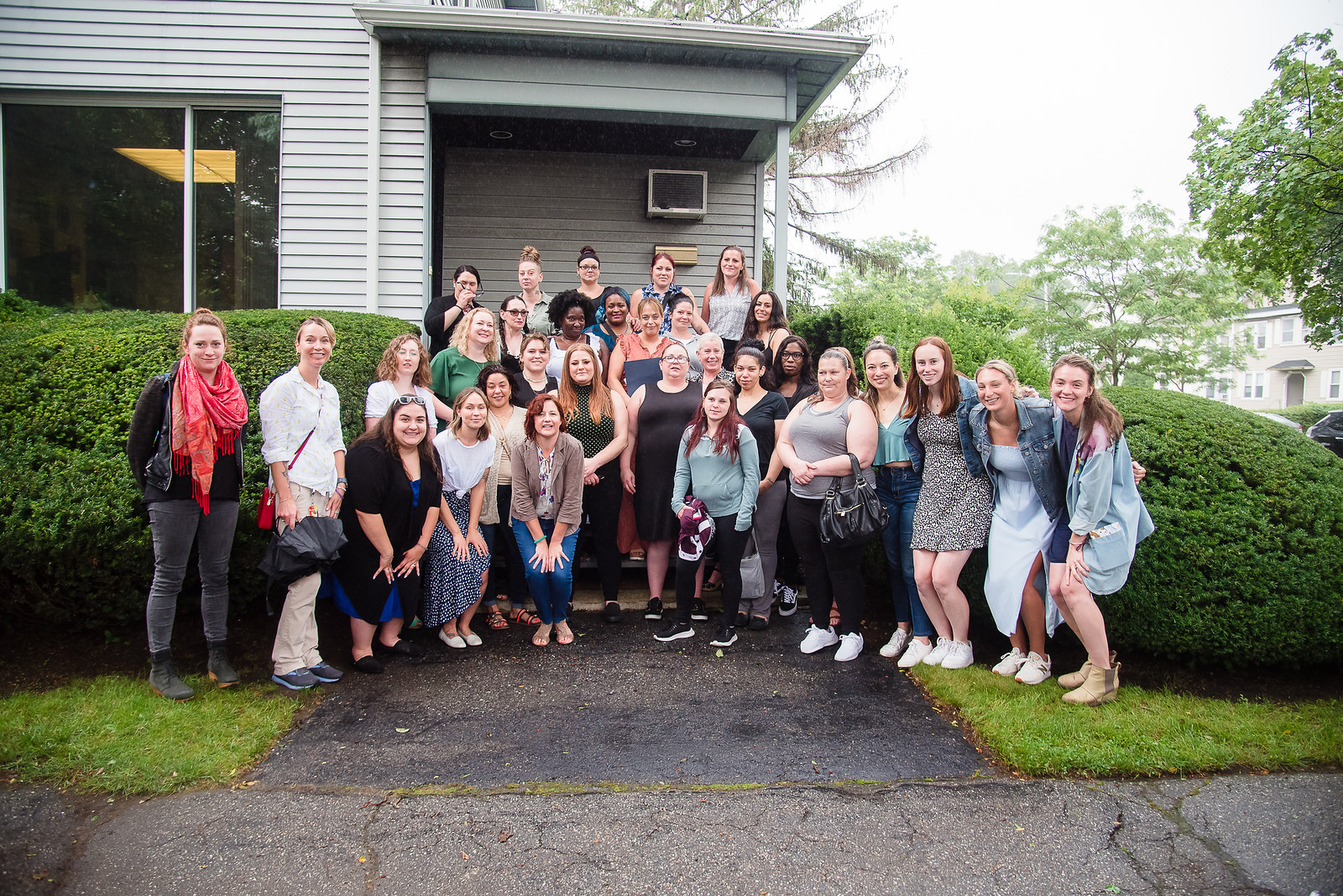
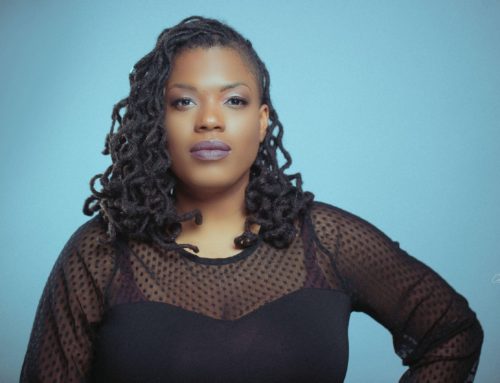
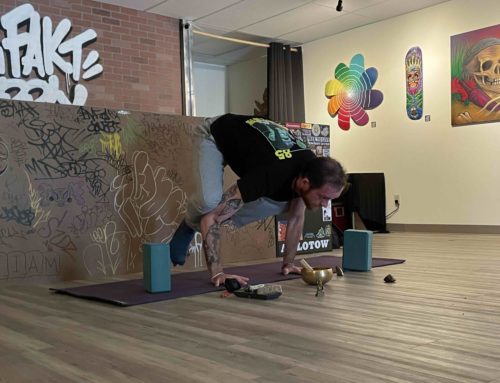
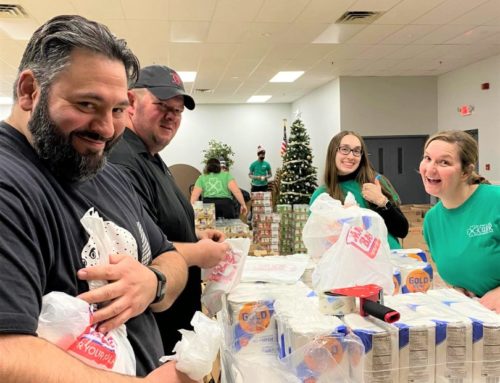
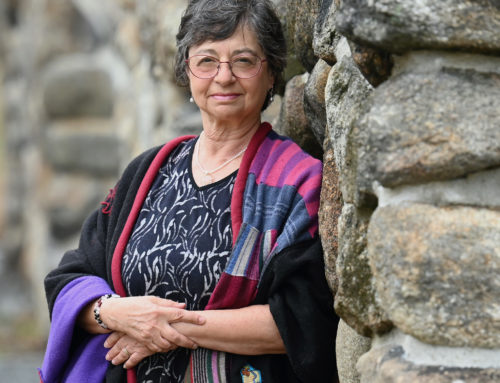
Leave A Comment